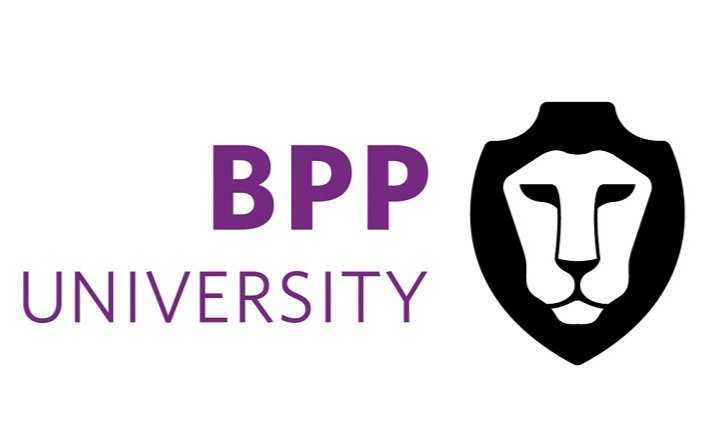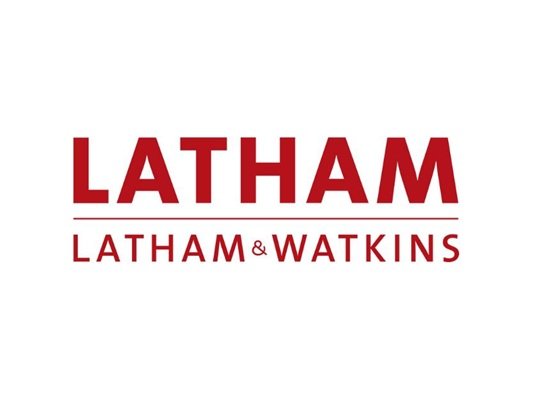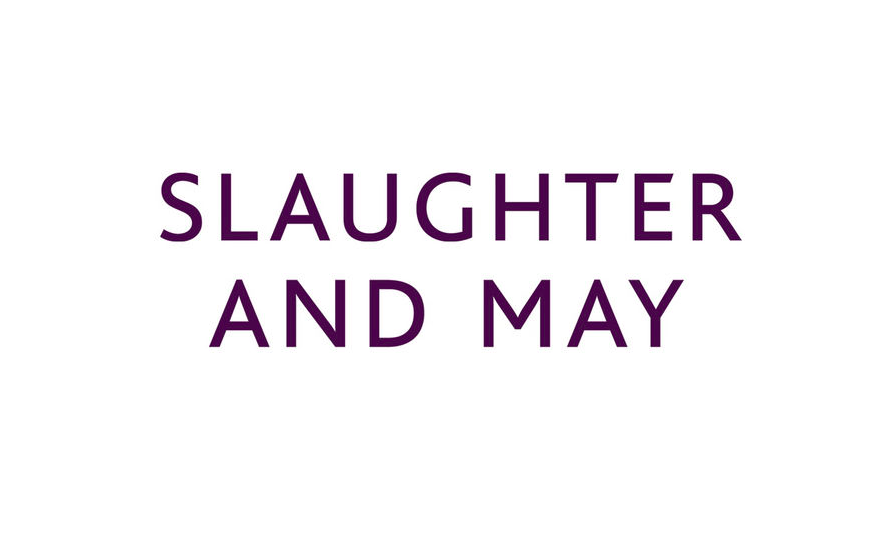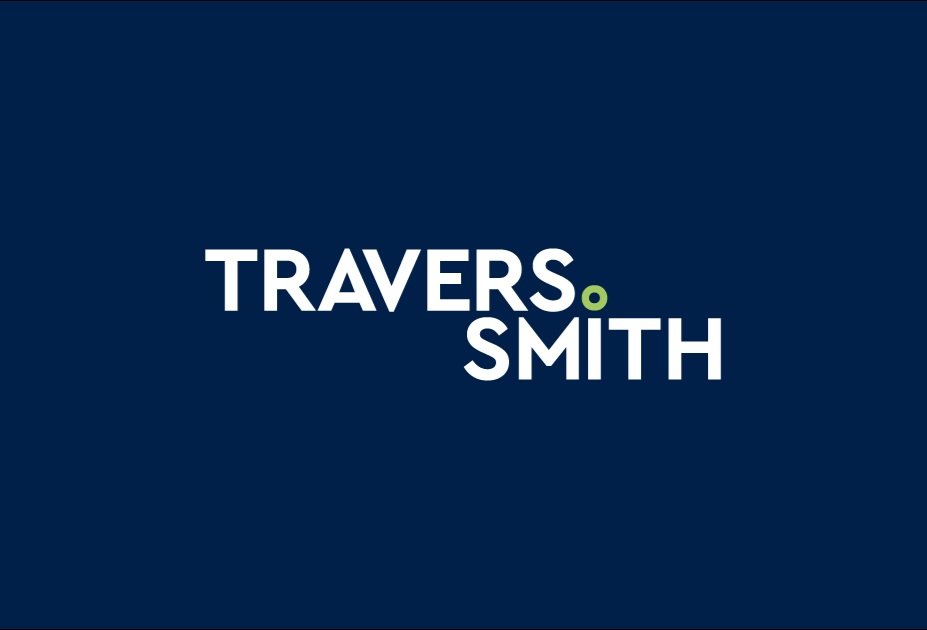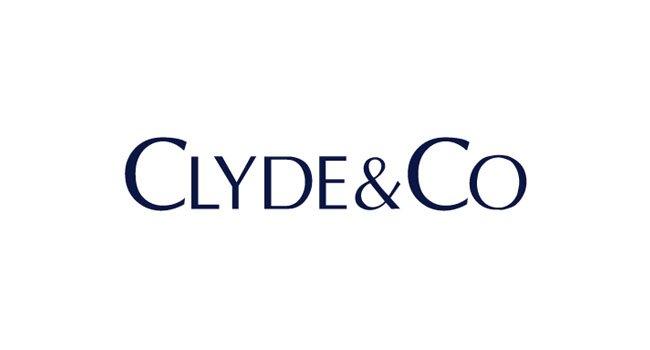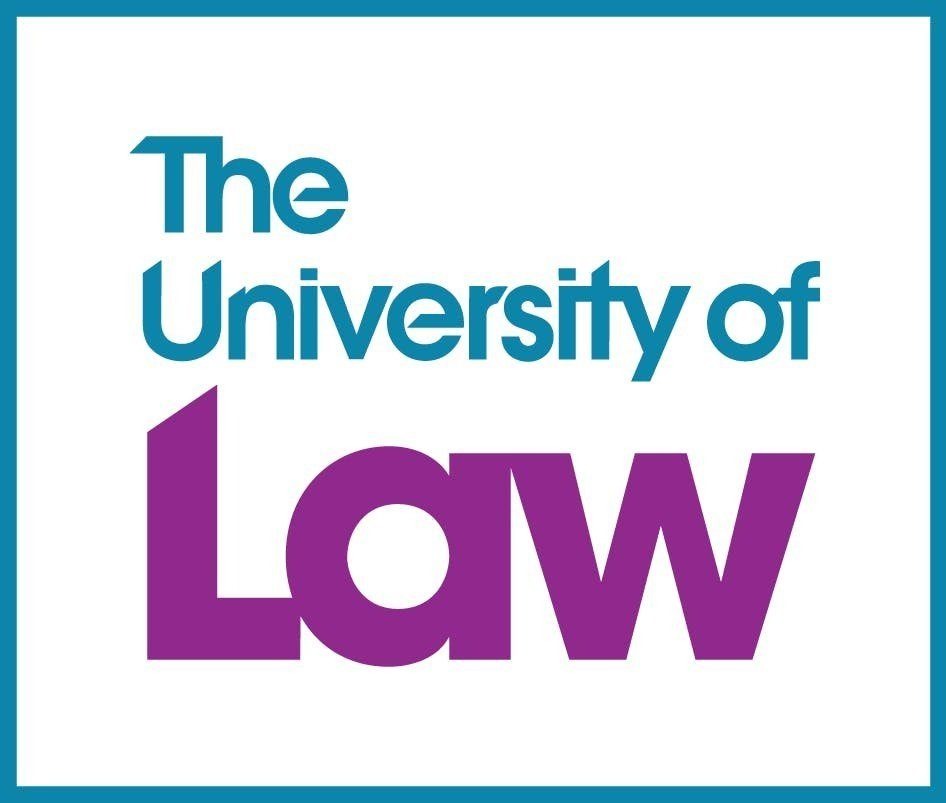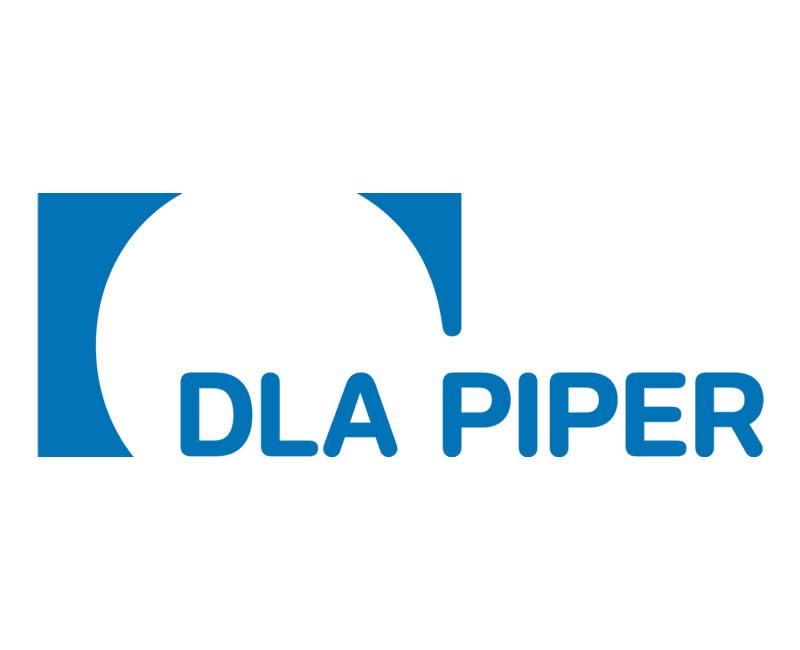Ewan Morris is the Ebor-Lex Property and Equity section editor.
I spoke with Ryan Dunleavy, Partner at Harcus Parker, who is leading the Student Group Claim. I asked him some questions about the legal basis for the claims and how they are moving forward. I have summarised his responses.
Could you explain what the claim is about?
Take an example of buying a Rolls Royce. You go to the showroom and purchase a specific car for delivery in 6 weeks. When it arrives, it is not a Rolls Royce, but a Renault. The seller tells you it is still a car which has the same seating capacity, which performs the same role, and which gets you from A to B, so they don’t owe you any money. But you didn’t want a Renault, you wanted a Rolls Royce, which is what you contracted to purchase.
The same can be applied to universities. You paid for a high value service which was contracted to include in-person teaching and access to various facilities. You deserve to be repaid the difference in value between what you were promised and what was delivered, the same as any other situation where a consumer buys a good (like with the Rolls Royce).
What is the basis for the group claim against the universities, why are they liable?
There are three stages to this claim.
1. Will it proceed as a group claim? So far UCL’s (the first claim going to court) position is that every student must bring an individual claim and that before bringing these to court they must use UCL’s internal complaints procedure. We say the internal complaints procedure is non-mandatory. In any case, UCL has said they won’t pay the compensation we are seeking, so the internal complaints procedure is unlikely to produce a different result with the university acting as both defendant and arbiter. They also say claims should be taken to the Office of the Independent Adjudicator for Higher Education (OIAHE) before they should be entertained in court. Again, we do not see that as mandatory, and it is not something our clients have instructed us to do. The courts are very experienced in dealing with claims of this nature.
See the overriding objective of the CPR (Civil Procedure Rules) at 1.1: “Dealing with a case justly and at proportionate costs” including “saving expense” amongst other factors, such as “ensuring that [a case] is dealt with expeditiously and fairly”. I believe a group claim fulfils this objective. It will save costs and court time by allowing the issues to be dealt with together. It is not proportionate in my view to expect each student to bring an individual claim.
2. The issue of liability. Do the universities’ actions amount to a breach? We want to keep our powder dry about potential responses on liability from the universities (Which they haven’t yet fully articulated), but I will say we wouldn’t be bringing the case on a no win, no fee basis if we didn’t think we had a strong argument on liability.
3. How damages would be calculated if the universities are liable. An expert economist will give evidence on this to the court, ideally at a separate hearing.
Isn’t it a bit more nuanced than that, the universities couldn’t control the effect of Covid lockdowns. Wouldn’t this just frustrate the contract?
Frustration hasn’t been pleaded by the universities and we are not yet at the stage of dealing with a hearing on liability. In any event, the relationship continued between UCL and the students. Contracts were not discharged. The students continued paying the full price and the universities continued to provide a service, but one which was of a far lower standard than what had been contractually agreed. There was no reduction in cost but there was a reduction in the service. We are not saying that the universities could have avoided the lockdowns. We are saying they could have charged for the services that were delivered, not those that were promised. That is what we believe they should have done under the law.
Could you talk more about why you say the universities are liable?
There are two elements here: lockdown related compensation for paying the full fees for a reduced service and the impact of strikes. Both are relevant as they led to disrupted, cancelled, or online teaching, and reduced or no access to physical facilities.
The first lockdown was around March 2020, but students and universities thought it was temporary and short term. It should also be borne in mind that students agreed contracts with universities far earlier than September 2020 (usually in the summer), and they expected as well as contracted for in person teaching and access to facilities. If you think of it, students selected universities on the basis of teaching and facilities.
Students are consumers and consumer protection law imposes fairness tests on contracts.
It was unheard of before Covid for a student to pay the same price for an online-only university course as they would for an in person one. Some universities offered equivalent online courses at a fraction of the price. Universities promised in person teaching and when students agreed their contracts, it was on the basis that teaching would be in person, and that university facilities would be open and accessible.
Not all university contracts changed, but some included force majeure or limitations of liability in their contracts due to covid, would this affect your claim?
Not all contracts changed to include the potential effect of lockdowns. Different universities had different contracts.
Even if university contracts did have force majeure clauses (which purport to limit liability due to unforeseen events, literally a “superior force”), consumer law can protect students, because consumer contracts must still be fair. A broad restriction on liability would, I believe, engage the fairness provisions in the Consumer Rights Act 2015. If you think of it, for instance, a student has limited options to change to a different provider when they hear about the lockdowns or online teaching just before going to university. As students are consumers, the court would not apply a term it finds to be unfair (as long as it meets certain conditions).
How would you calculate what a student is owed under your third stage?
We are working with expert economists and accountancy firms to devise formulae to calculate damages for groupings of individual students. This would probably include, for example, the number of days affected for each student and variations in teaching arrangements. There may be fewer variations than you would think as many restrictions were universal. Normally all faculties would offer access to facilities of other faculties (such as different libraries and workspaces), so this would not vary between departments: you pay for access to almost everything at university. It’s like if you pay for a gym membership. You don’t just pay to use select machines. You pay to have access to all the machines.
We estimate this may be about £5,000 compensation for a domestic student, and probably many times higher than this for international students.
Even in a no-win-no-fee case, aren’t individuals named on the claim at risk of paying the other side’s costs?
I urge anyone signing up to read our sign-up information. There are risks with any litigation in this jurisdiction. As with any litigation, the losing party is ordered to pay the winner’s costs. If claimants lose, and adverse costs are awarded against them, they would be ordered to pay the universities’ costs. We have taken out after the event insurance for this eventuality in the claims we have issued (against UCL) and would do this or obtain other types of cover for other claims. We are therefore minimising this risk as much as possible.
Our no-win-no-fee structure should be cheaper for students than paying a lawyer by the hour, and paying for the expenses of running a case. The court fee alone that we are paying is about £10,000. Harcus Parker and Assersons are paying the expenses for running the litigation up front. They take 35% of the compensation at the end to cover their legal fee, including any VAT component (which you would pay if going to a solicitor on the high street in the UK). This structure should be relatively cheap compared to an individual instructing a solicitor privately. If a costs order is made against the universities, if the Student Group Claim is successful, this can reduce the 35% legal fee payable from the compensation. Students wouldn’t be on the hook for any of their disbursement costs, like court fees or instructing experts, unless they win and can recover these from the defendants. We only ask for our disbursements, which are the expenses, to be paid on top of the 35% if the university first pays these to our client.
What is happening going forward with the claim?
Next up is a hearing against UCL on 2nd February. This is going ahead first as there was a high sign up from UCL students early on (over 4,000). 17 other universities have been issued with pre-action notices, which is the precursor to litigation. We are however finding people are signing up to the Student Group Claim from more than 100 universities. We are looking at pursuing them also in litigation.
The universities have so far failed to engage properly with the issues of liability, or with dealing with the disputes as group cases. Instead, they argue the group claims should not be heard in court at the moment and that students should bring individual complaints directly to their universities. It is astounding how they have dug their heels in.
Universities should admit liability and settle the matters. Regardless of how they present themselves, they are ultimately businesses, and students are consumers. Students are particularly vulnerable consumers at that. They are typically younger, with significant debt (for the first time in their lives), and they were not provided with what they purchased.
More students have signed up since earlier press coverage, with over 60,000 now in the group claim. We (at Harcus Parker) have put a team together with Asserson and are working well together on this claim.
What about the University of York?
We haven’t sent a pre-action notice yet to the University of York, as we are waiting for more students from that university to sign up to the Student Group Claim first, but more and more people across the country are signing up to the Student Group Claim so we envisage doing so in the near future. We are preparing claims against over 100 universities. We expect once one claim is successful, it will be easier for us to bring successful claims against more universities, because hopefully the universities will try to find some middle ground with us rather than continue refusing to engage properly.
My thanks to Ryan for taking the time to speak with me.
More details about the claim, including how to sign up, can be found at: https://studentgroupclaim.co.uk/
Asserson and Harcus Parker are both linked below:

